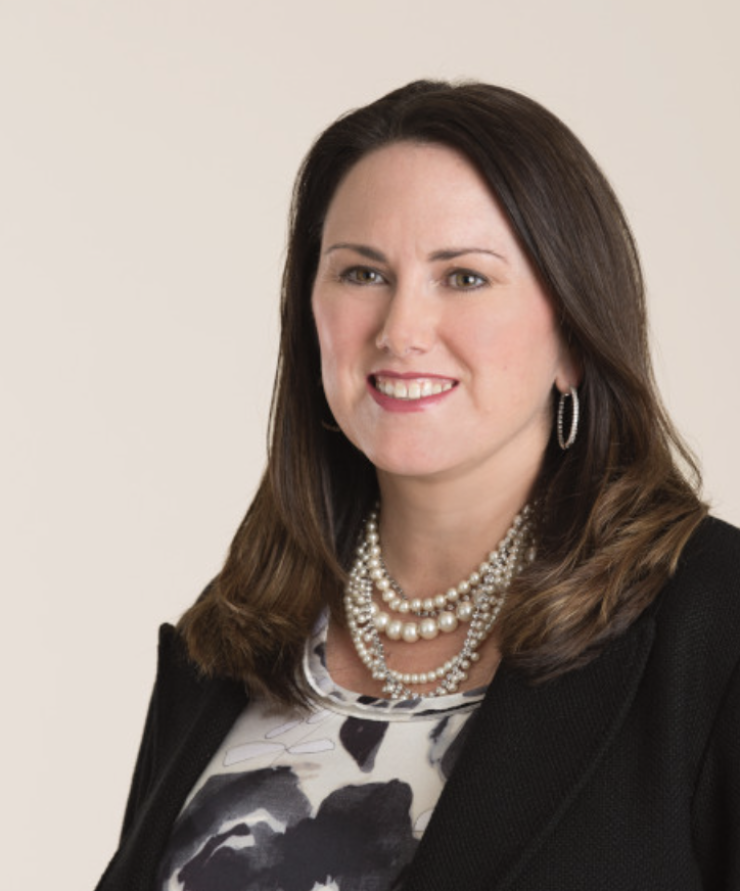Before the election of 2024, it was hard to predict anything about 2025. The two presidential candidates, Donald Trump and Kamala Harris, offered starkly different plans for the future — including for the world of finance.
Now that the votes have been counted and the dust has settled, it's a lot easier to look ahead. Trump will be president, and Republicans will control both houses of Congress. The midterm elections in 2026 may shift the balance of power, but until then, national policy will be
READ MORE:
To find out, we talked to experts on six topics that matter a great deal to financial advisors and their clients: retirement, taxes, private markets, cryptocurrency, artificial intelligence and the great wealth transfer. And in many cases, those experts see big changes ahead — changes that wealth managers will want to be aware of as they lead their practices into the new year.
Will Congress extend Trump's 2017 tax cuts? Will regulators loosen their grip on crypto? What new frontiers will AI conquer in 2025? And what cuts or alterations, if any, can we expect to Social Security and Medicare?
For answers to all these questions and many others, we turned to some of the sharpest minds in wealth management, fintech and public policy.












